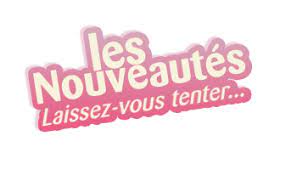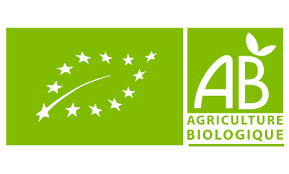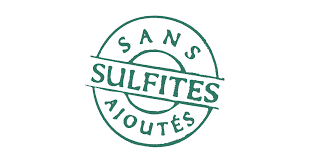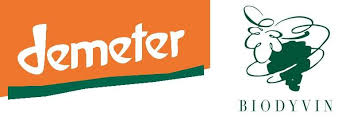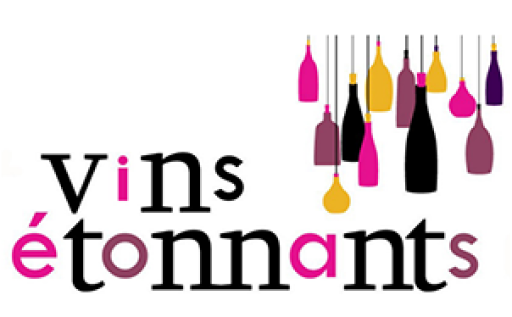Livraison à partir de 9.50€ pour la France !
Franco à 250€ de commande pour le France continentale et la Belgique.
CAZES (Domaine)

1895
Située entre la chaîne des Pyrénées et la mer Méditerranée, à Rivesaltes, au cœur du Roussillon, la Maison CAZES a été créée en 1895 par Michel Cazes.
1927
Aimé, fils de Michel, réussit à le convaincre d'acheter le Mas Joffre, ancienne propriété du célèbre Maréchal, un enfant du cru et héros de la première guerre mondiale.
1955
Au fil des ans, l'exploitation s'enrichissait de parcelles avoisinantes pour atteindre 40 hectares dans les années 50. Les premières bouteilles Cazes sont apparues en 1955 sous l'impulsion d'André, l'aîné des deux fils d'Aimé.
1971
André et Bernard, fils d’Aimé, reprennent la direction du domaine. André serait responsable de la direction commerciale et Bernard de l'exploitation qui comptait déjà 60 hectares.
1997
Conversion du domaine à la culture biologique et biodynamique avec l’arrivée d’Emmanuel, fils de Bernard.
2004
Dès 2004, fils de vigneron et enfant du cru, Lionel LAVAIL a pris la direction de la Maison Cazes.
2005
L’ensemble du domaine est certifié AB et Biodynamie.
2012
Acquisition du domaine Les Clos de Paulilles, domaine emblématique situé dans l’Anse de Paulilles entre Collioure et Banyuls.
2022
1997-2022, le Domaine Cazes célèbre ses 25 ans de conversion en biodynamie. Aujourd'hui, le vignoble couvre une superficie de 220 hectares qui, chaque année, donnent naissance à des cuvées d’exceptions sur l’ensemble des terroirs du Roussillon.
What does the name organize mean?
This can be so diverse depending on the personality of their sire, that it is easier to define what it is not. An author wine is anything but a standard, stereotypical wine, made to please as many people as possible. It is therefore rarely produced in millions of copies, copying itself from vintage in vintage.
An author wine is therefore a wine that does not look like that of the neighbor. Which from year to year will evolve according to the vagaries of the weather and the mood of the author - the two that can be linked. Because the author does not rely on market studies to carry out his boat. He makes his wine as he feels, as he likes, as he can, sometimes ... and too bad if he does not please everyone.
This is why author wines are sometimes classified as "table wine" or "France wine". Because the winemaker did not plan the authorized grape variety*, makes the assembly or vinification recommended in the name **. He is often a bit rebellious, our author. But that is why we like it! ... That said, author's wines are not systematically marginal: they are present in most of the appellations, and can be part of the elite of these this***. Because they are not content to have personality: they are good, in addition! With in general aDegree of TorchabilityVery high: we never tire of it at the end of the first sip.
As author's wines are not chaptalized, levied, hacked ... They can have very different profiles depending on the vintage. It is up to us (resellers and consumers) to accept them as they are, and to remain faithful to the producers, because they need us to continue their activity.
______________________________
* For example, theTouriga Nacionalin the Minervois, or theSyrahIn Forez ribs. They are crazy, these authors!
** Some winegrowers dare to produceSweety with Mourvèdre or oneNatural sparkling with Pineau d'Aunis
*** Like those of Jean-François Ganevat in the Jura or Zind-Humbercht in Alsace

